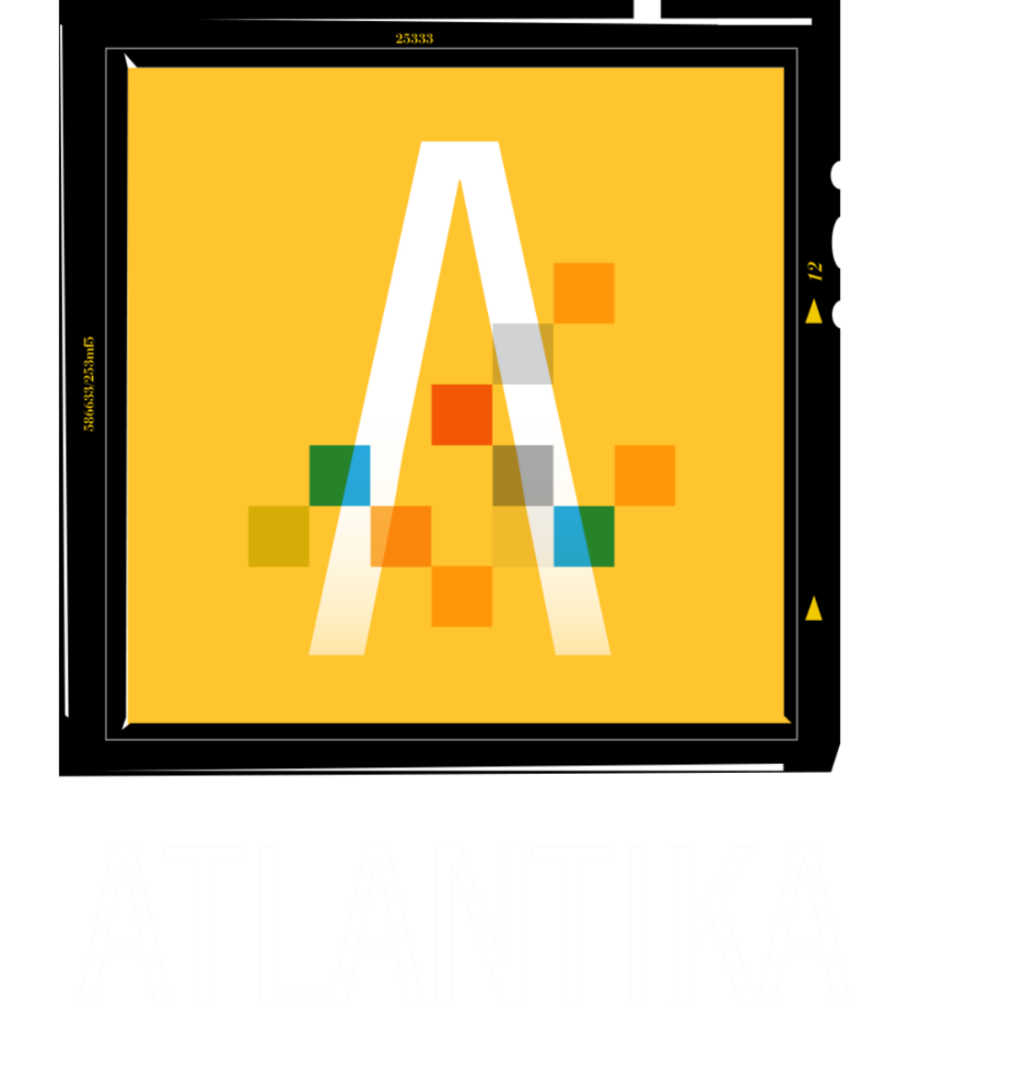Gabriela Bulisova & Mark Isaac
Frigid and forbidding. Remote and desolate. Brutal and punitive. All can traditionally be synonyms for “Siberian.” But after almost a year, we venture to call it “home.”
Why are we at home in Siberia? Well, for one, it contains the most important lake in the world -- the incomparable Baikal, which continues to change and reveal itself every season and every day. And when you find yourself in one of Baikal’s “powerful spots,” where beauty is overwhelming and spirits hold sway, you can understand that it is a sort of home for all of us -- and one that we must respect and protect.
Gabriela was originally drawn to Baikal because her grandfather had traveled here, describing the Trans-Siberian railroad and Baikal’s crystal clear ice, and bringing her presents from the far East. So her inspiration always included a familial link. But it’s time for us to mention the many ways in which Siberia revealed a multitude of connections to our ancestors, making our stay here an authentic -- if very unexpected -- homecoming.
The Czechoslovak Connection
Gabriela was born in the former Czechoslovakia. One of the historical figures in Irkutsk is Yaroslav Hasek (or in Russian, Gashek), a Czech writer who came to Siberia as part of the Czechoslovak Legion that fought on the side of the White Army during the Russian Civil War. In fact, our apartment is on the street that is named after him, and he lived in a building across the street. Hasek managed to switch sides, joining the victorious Red Army, which is why the street is named for him. He stayed in this region for four years, writing extensively and even starting the first Buryat language magazine.
But Hasek is only part of the astonishing story of the Czechoslovak Legion in Russia. At a time before Czechoslovakia became a nation, more than 100,000 fighters came thousands of kilometers from their diminutive homeland to help demonstrate to the allies that they should support Czechoslovak statehood. They fought skillfully, and at one point in the war managed to control most of Siberia, an area larger than the United States and Europe combined.
It was at Lake Baikal that the Czechoslovak Legion fought the only naval battle in the history of their landlocked soon-to-be nation. And they won. After seizing several warships from the Red Army, on August 15, 1918, the Legion surprised Red forces at the port of Mysovaya in a heavy fog, sinking the gigantic icebreaker “Baikal,” shelling the train station, and destroying Red Army headquarters.
Czechoslovak soldiers are also alleged by many to have stolen a massive cache of gold that was being protected by Admiral Kolchak, leader of the White Army. When the Red Army captured Russia’s gold reserves from retreating White forces, a significant portion of it was missing. Some believe the gold was smuggled out of Siberia to Czechoslovakia, while others believe it fell from rail cars into Lake Baikal and is still laying in its depths. More than 10 years ago, scientists and historians aboard small submarines carrying none other than Vladimir Putin claim to have located some of the gold deep under the Lake’s surface, but were unable to recover any of it.
In the summer of 1919, the first international soccer matches in the history of Siberia took place in the Baikal region. The matches were contested by the Czechoslovak Legion and representatives of the small cadre of U.S. forces that also fought during the Russian Civil War. During their time in Siberia, the Americans excelled at harassing women and behaving atrociously, while the Czechs and Slovaks put more energy into the games and emerged as victors.
The Origins of the Hungarian People
Gabriela’s mother, Olga, is Hungarian. And Hungarians migrated long ago from Western Siberia. This is one reason their language, in the Finno-Ugric language group, is so different from neighboring countries and so difficult to master. Today, scholarship is widening the understanding of links between Hungarian and Siberian culture, including common elements in their folklore. But there’s no question that the Hungarian nation was born in Siberia.
The Surprising DNA Test
Just before leaving for Siberia, for somewhat murky reasons, Mark was interested to have a DNA test conducted. The results arrived about a month into our stay in the Baikal region. Generally, they were as expected -- he’s almost entirely of Eastern European Jewish origin, and his family lived in areas of Galicia that are now in Poland and Ukraine. But there was one surprise -- a finding that 0.1 percent of his origins are “Siberian.” And by Siberian, meaning East Asian, not Russian. At first, some family members bristled at this finding or dismissed it as likely erroneous. But shortly afterwards, another relative reported the same result, confirming the existence of a small amount of Siberian blood in his family.
The Paris of the East Reemerges
When the Tsars and the Communists were busy exiling people to Siberia, they placed a heavy emphasis on those who were educated and active. As a result, Irkutsk always had an outsized share of artists and intellectuals -- so much so that it was called “the Paris of the East” for its many talented artists and its diverse cultural offerings. Over time, some of that cultural advantage became institutionalized and ossified, but now Irkutsk is staging a youthful cultural renaissance, with alternative spaces, innovative events, contemporary ethnic art, micro-concerts in intimate settings, and experimental musicians who are willing to try almost everything. This emerging cultural scene also made Irkutsk feel like home -- and inspired us to include original music, composed entirely from data in scientific studies about Lake Baikal, in our project. (For more on this subject, please read Siberian Dispatch 10.)
Our Trusted Russian Friends
And finally, we are compelled to mention the local people who went out of their way to welcome us. They didn’t have to share resources, make connections, encourage us, or help us exhibit our work. But they did, and they played a critical role in the project’s success. These generous friends -- each of whom will be remembered very personally and with utmost appreciation -- emphatically made Irkutsk our home. And this in turn, provides strong validation for the Fulbright Program, built on the idea that war can be overcome by making connections between Americans and cultures all over the world. Our experience in Russia proves emphatically that, one-on-one, Russians and Americans can bond and build a future of trust and cooperation.
Unless we live to be more than 100, each year is more than 1 percent of our lives. So we’ve done something neither of us ever expected -- spent a significant percentage of our lives in Siberia. And when we leave this home, painfully soon, we will ache longingly both for Baikal and the people who love it.
























